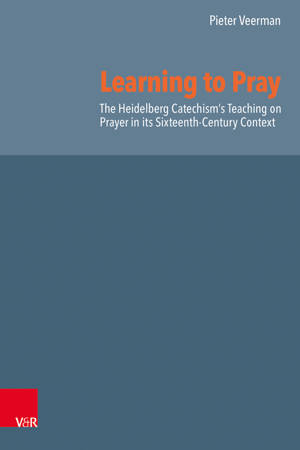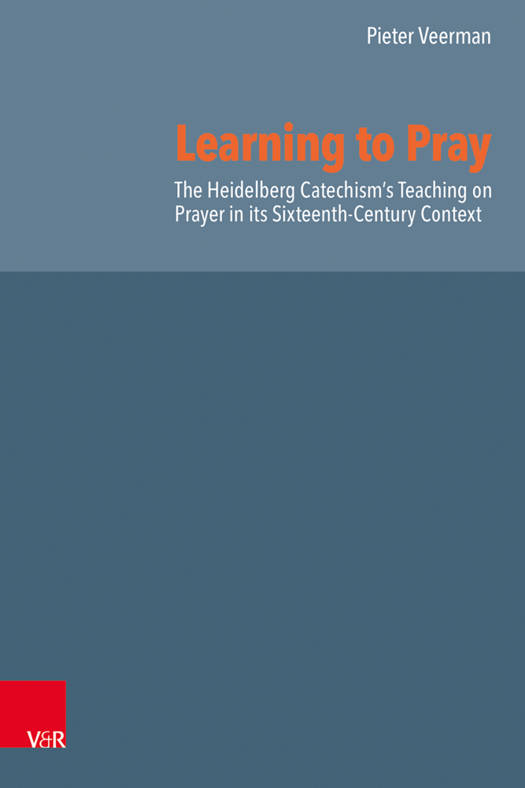
Bedankt voor het vertrouwen het afgelopen jaar! Om jou te bedanken bieden we GRATIS verzending (in België) aan op alles gedurende de hele maand januari.
- Afhalen na 1 uur in een winkel met voorraad
- In januari gratis thuislevering in België
- Ruim aanbod met 7 miljoen producten
Bedankt voor het vertrouwen het afgelopen jaar! Om jou te bedanken bieden we GRATIS verzending (in België) aan op alles gedurende de hele maand januari.
- Afhalen na 1 uur in een winkel met voorraad
- In januari gratis thuislevering in België
- Ruim aanbod met 7 miljoen producten
Zoeken
Learning to Pray
The Heidelberg Catechism's Teaching on Prayer in Its Sixteenth-Century Context
Pieter Veerman
€ 234,45
+ 468 punten
Uitvoering
Omschrijving
Pieter Veerman in his work explains why the Heidelberg Catechism is a unique teacher of thankfulness in its sixteenth-century context. Veerman provides an in-depth theological analysis of Q&A 115-129. The author compares this teaching with Catholic, Lutheran, and Reformed catechetical writings, demonstrating that the Heidelberg Catechism is a synthesis of earlier theological thought. The explanation of the Lord's Prayer is central, as it is within the broader catechetical tradition. The Heidelberg Catechism's uniqueness lies in its thoughtful presentation and integration of various elements. By presenting catechetical answers in the form of prayers themselves, this catechism establishes itself as a valuable manual of piety. It differs from contemporaneous Catholic catechisms by emphasizing that true prayer arises from the heart. Its emphasis on the Holy Spirit is a distinctly Reformed feature.
Specificaties
Betrokkenen
- Auteur(s):
- Vertaler(s):
- Uitgeverij:
Inhoud
- Aantal bladzijden:
- 336
- Taal:
- Engels
- Reeks:
- Reeksnummer:
- nr. 82
Eigenschappen
- Productcode (EAN):
- 9783525502228
- Verschijningsdatum:
- 16/06/2025
- Uitvoering:
- Hardcover
- Formaat:
- Genaaid
- Afmetingen:
- 155 mm x 231 mm
- Gewicht:
- 303 g

Alleen bij Standaard Boekhandel
+ 468 punten op je klantenkaart van Standaard Boekhandel
Beoordelingen
We publiceren alleen reviews die voldoen aan de voorwaarden voor reviews. Bekijk onze voorwaarden voor reviews.









